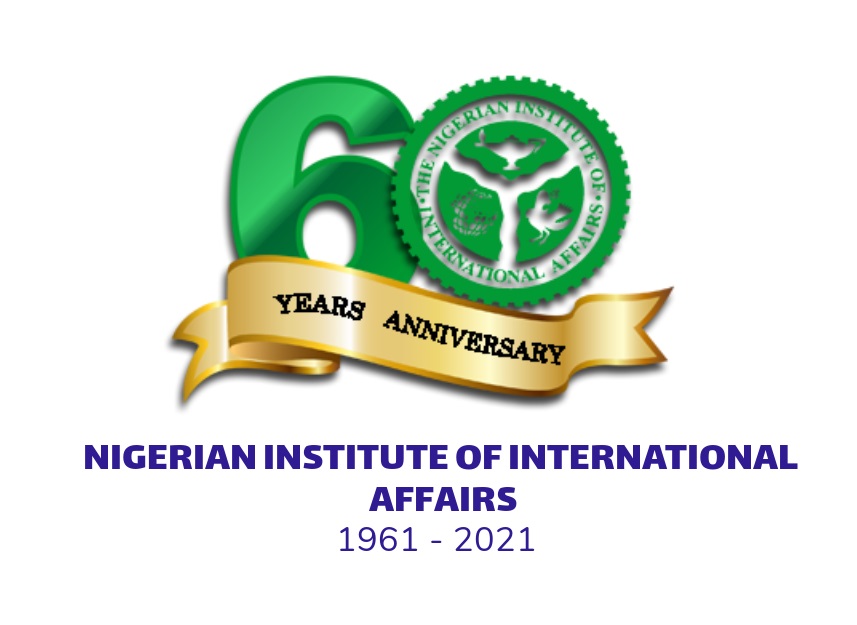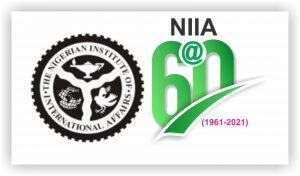Glic Report Series 2.15
International Public Health
Canada
Canada confirms first case of clade I mpox in Manitoba traveller
Canada’s Public Health Agency (PHAC) has confirmed the country’s first case of clade I Mpox in a traveler from Manitoba. The individual contracted the virus, linked to an outbreak in central and eastern Africa, during their travels and sought medical care upon returning to Canada. PHAC noted that the case was identified as clade Ib Mpox following testing by the National Microbiology Laboratory, which informed Manitoba health officials on 22 November. While Canada has been dealing with cases of clade II Mpox since 2022, this marks the first confirmed instance of clade I Mpox in the country. PHAC emphasized that the risk to the general population in Canada remains low but assured that active monitoring, including contact tracing, is underway.
Threat Level: Medium
India Express: https://indianexpress.com/article/world/canada-confirms-first-case-of-clade-i-mpox-9685711/
India & Pakistan
Health The Smog Dilemma: A Case for Bold Action in India and Pakistan
The World Health Organization (WHO) estimates that air pollution kills around 4.2 million people every year. Air pollution is one of the top leading factors for death, yet still, major reform has not been implemented. Recently, Punjab, a province of Pakistan, executed a health emergency caused by toxic smog covering the city of Multan and Lahore, which is now the world’s most polluted city. According to Salman Kazmi, vice president of the Pakistan Medical Association, “Tens of thousands of patients suffering from respiratory diseases were treated at hospitals and clinics in a week.” Reliance on coal and wood for heat, outdated power plants, badly insulated buildings, and old vehicles contribute to the air pollution and diseases that arise—lung cancer, cardiovascular disease, stroke, etc. Threat Level: Medium
The Organisation for World Peace: https://theowp.org/reports/the-smog-dilemma-a-case-for-bold-action-in-india-and-pakistan/
Nigeria
Diabetes: The silent epidemic gripping Nigeria
Nigeria faces a significant diabetes crisis, with an estimated 11.2 million people currently living with the disease, according to the Diabetes Association of Nigeria (DAN), and almost half unaware that they are living with the condition. The prevalence of this non-communicable disease is a growing concern in Nigeria. The story of Araoluwa, a young man battling diabetes, is all too common. But his journey and the quiet determination he displays underscores the stark realities faced by young patients in a nation struggling to keep up with the escalating health crisis. World Diabetes Day 2024, was observed on November 14, 2024 with the theme “Breaking Barriers, Bridging Gaps,” underscores the urgent need for action.
Threat Level: Medium
Tribune Newspaper: https://tribuneonlineng.com/diabetes-the-silent-epidemic-gripping-nigeria/
Global
Rising heat exposure threatens maternal and newborn health, requiring urgent interventions
Largest review of evidence shows that heat exposure poses serious and wide-ranging health risks for pregnant women and their babies, including preterm birth, diabetes, hypertension and congenital anomalies. With global temperatures continuing to break records, year after year, there is an urgent need for research into the health impacts of climate change. Despite a growing body of evidence, a definitive and robust picture of the impacts of heat exposure on maternal and newborn health has been missing. It is found that for every 1°C increase in temperature, the odds of preterm birth rose by 4%, and during heatwaves, the odds increased by 26%.
Threat Level: Medium
Trinity College, Dublin: https://www.tcd.ie/news_events/articles/2024/rising-heat-exposure-threatens-maternal-and-newborn-health-requiring-urgent-interventions/
Nigeria
Nigeria Loses $1.1bn Annually To Malaria Crisis — Minister Prof. Muhammad Ali Pate, the Coordinating Minister for Health & Social Welfare made this declaration at the inaugural meeting of the Advisory on Malaria Elimination in Nigeria (AMEN) held in Abuja. He described malaria as not just a health crisis, but also an economic and developmental emergency that must be eliminated. He said:” Malaria continues to exert an unacceptable toll on Nigeria with 27% of global malaria cases and 31% of global malaria deaths, our country bears the heaviest burden of this disease. “This is not just a health crisis; it is an economic and developmental emergency. Malaria reduces productivity, increases out-of-pocket health expenditures and, compounds the challenges of poverty.
Threat Level: Medium
Channels TV: https://www.channelstv.com/2024/11/26/nigeria-loses-1-1bn-annually-to-malaria-crisis-fg/
India & Pakistan
Health ‘The smog has conquered us’: Children bear the brunt of Pakistan’s pollution crisis
Six years on, the smog that has long choked Lahore is worse than ever. Locals describe being able to taste the fumes in the air, even while indoors, the schools have shut and plummeting visibility has closed motorways. The air quality has been similarly dangerous in Delhi, the Indian capital, and the Pakistani city of Multan this week recorded a staggering AQI of 2,553 – almost 190 times higher than the World Health Organization’s safe limit. Prolonged exposure to high levels of pollution can lead to lifelong consequences for children, says Shaheen Chughtai, Regional Advocacy and Campaigns Director for Asia at Save the Children. “The younger you are, the more you’re affected,” he says. “With infants and younger children in particular, their lungs are still developing, their immune systems are still developing, their brains are still developing.” Threat Level: High
The Telegraph: https://www.telegraph.co.uk/global-health/climate-and-people/children-bear-brunt-of-pakistan-pollution-crisis-smog/
International Security
This means war with NATO
The NATO Parliamentary Assembly’s resolution on Wednesday calling for Ukraine to be supplied with medium-range missiles — defined as those with ranges between 1,000 and 5,500 kilometers — is a significant development, though not a final decision by the bloc or any national government. If such a decision is made, the options for providing these missiles to Ukraine remain limited. The only readily available medium-range missile system in the West is the US-made Tomahawk. Even with a few dozen Tomahawks potentially being transferred to Kiev, such an action would lead to a significant escalation, likely provoking a strong response from Russia. Threat Level: High
Russia Today: https://www.rt.com/russia/608312-are-tomahawks-coming-to-ukraine/
Russia threatens Europe with strikes while gnawing at Ukraine’s east
Moscow threatens retaliation after the US allowed Ukraine to strike inside Russia, keeping alive its implied nuclear menace. This comes after Ukraine deployed the use of the United States’ long-range Army Tactical Missiles (ATACMS) in Russia. Britain and France have also licensed Ukraine to fire 200km-range (120-mile) SCALP/Storm Shadow missiles into Russia. Russia fired a new type of intermediate-range ballistic missile at the central Ukrainian city of Dnipro last Thursday, in retaliation against the first ATACMS and Storm Shadow strikes earlier in the week. In a television address after the Oreshnik strike, Putin threatened those European countries whose weapons were used against Russia: “We consider ourselves entitled to use our weapons against military facilities of those countries that allow their weapons to be used against our facilities.”Threat Level: High
AlJazeera: https://www.aljazeera.com/news/2024/11/28/russia-threatens-europe-with-strikes-while-gnawing-at-ukraines-east



